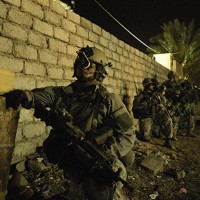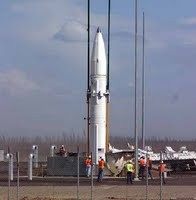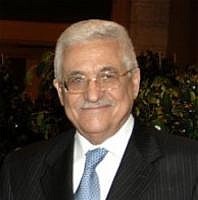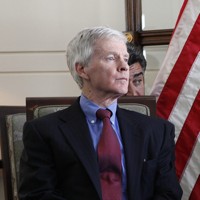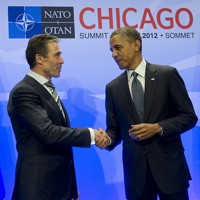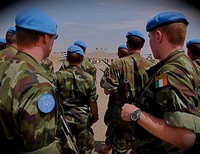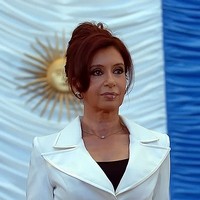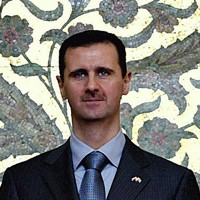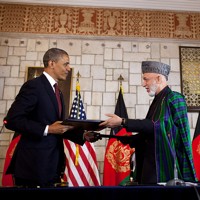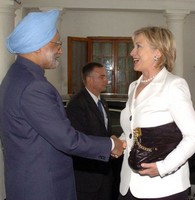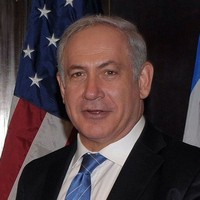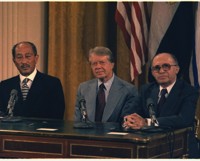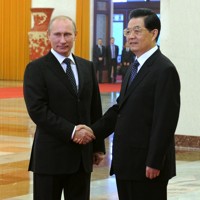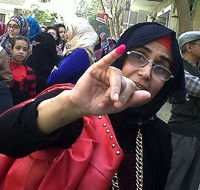
Voters in Egypt gave themselves a jolt during the first round of voting in the country’s presidential election. As soon as the smoke began to clear and a picture of the electoral tally emerged, a sense of bafflement was quickly followed by frustration and anger as the dominant emotions. Almost everyone had reason to dislike the outcome. A disappointment for liberals was expected, but Islamist politicians also saw reason to worry in the voters’ verdict. Like a smoldering battlefield, the electoral landscape was littered with the injured and the wounded. If the results of the vote held on May 25-26 […]

